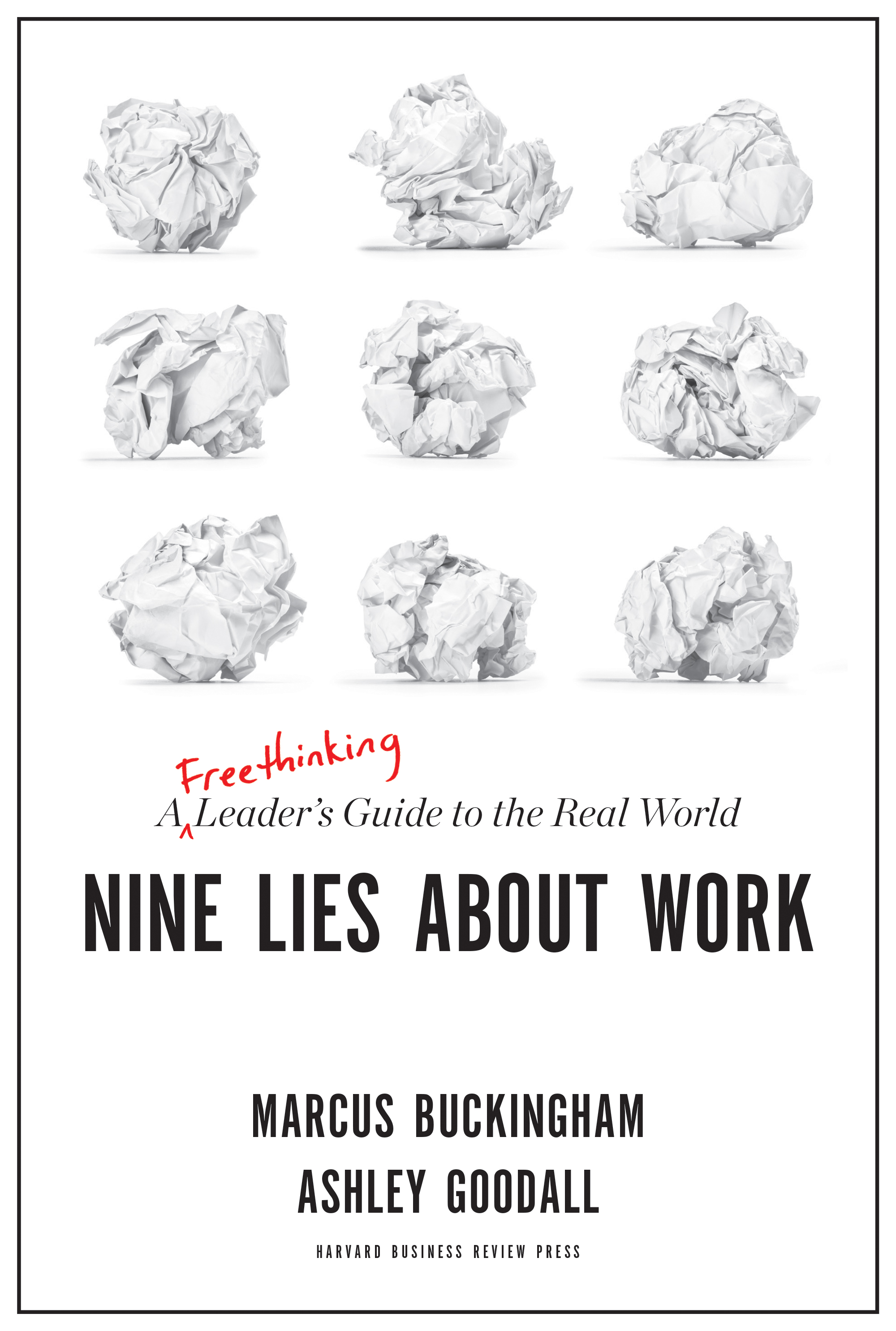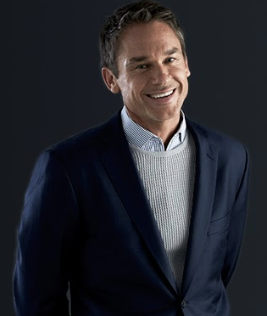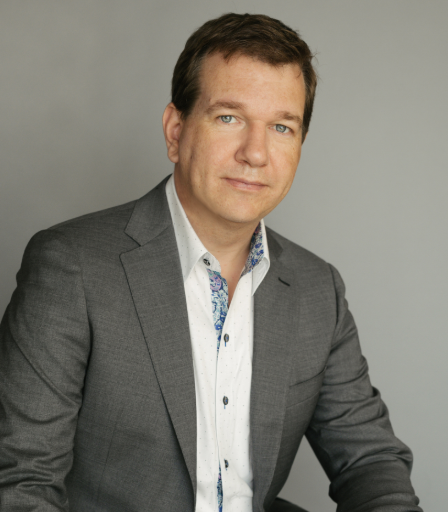We humans appear to have had a thing for balance for a long, long while. To us it has always seemed like the right, the noble, the wise, and the healthy state for which we should all strive. And we can speculate that the difficultly of achieving it has added in some way to its allure—it’s another of those things, like working to remedy our faults, that’s always a work in progress, that’s fantastically hard to achieve in practice. You’ve striven for it, haven’t you? You’ve tried to find that delicate balance between the needs of yourself, your family, your friends, your work colleagues, your boss, and your community. You’re aware that each of these constituencies places different and often conflicting demands on you, and you’ve struggled to give due attention to each one, satisfying their differing needs while still attending to your own. You’ve sat on a conference call in the car-pool line and mouthed “Sorry!” to the kids in the back. You’ve rationalized a missed Presidents’ Day outing with the family because, well, it’s a Monday, your other team members appear to be online, and besides, Presidents’ Day isn’t a proper holiday anyway, not really.
You’ve taken on a “stretch” assignment because it might—just might!—come with a raise, or at least a bonus, and so enable you to afford a better house for your family. But because you now have more work to do, and more resting on it, you’ve found that you can’t attend that school-board meeting, or your cousin’s wedding, or that online management course, because life is about trade-offs and this one is yours.
You’ve found yourself spinning plates, or juggling balls, or plugging gaps—whatever the metaphor, you’ve known too often the feeling of too many requests from too many quarters and not enough hours in the day. You’ve told yourself that if you can just keep the plates spinning, the balls in the air, the gaps plugged, then perhaps you can parcel out your attention and energy so that no one, in your work or your life, will feel too neglected—so that, although you can’t be all things to all people, your unflagging efforts will at least achieve some sort of equitable distribution.
But in the real world does anyone, anywhere, man or woman, young or old, affluent or barely solvent, ever actually find balance?
If any have, we haven’t met them yet. And this is why balance is more bane than benefit. In practice, striving for it feels like triage, like trying to erect some sort of barricade against the endless encroachments on our time and the relentless ratcheting of expectations to work more, all while worrying that someone else has figured out how to do this better than we have. Obviously, triage can be necessary in life, but it surely is not enough—it keeps things at bay, but it takes us away from ourselves. And in the end, balance is an unachievable goal anyway, because it asks us to aim for momentary stasis in a world that is ever changing. Supposing we ever get things just exactly in balance, we know for sure that something will come along and unbalance them and that we’ll be back to pushing our balance rock up the hill again. Balance as an ideal erases our humanity— the essence of who each of us is and aspires to be—and replaces it with a Sisyphean coping strategy.
So what then should we do? Work can be hard. So can life. And there’s too much of both, too much of the time. If balancing everything out isn’t the answer, then what is?
We need a new way of thinking. About work. About life.

Excerpted by permission of Harvard Business Review Press from NINE LIES ABOUT WORK: A Freethinking Leader’s Guide to the Real World by Marcus Buckingham and Ashley Goodall. Copyright 2019 One Thing Productions Inc. and Ashley Goodall. All rights reserved.
Follow us here and subscribe here for all the latest news on how you can keep Thriving.
Stay up to date or catch-up on all our podcasts with Arianna Huffington here.



